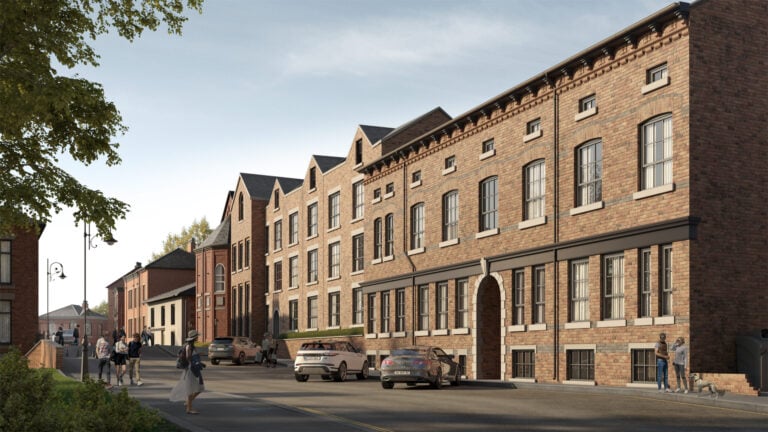The Bank of England base rate rise could lead lenders to pass on higher mortgage rates as well as savings rates. Whether this will have a big impact on the property market is uncertain.
Soaring inflation rates linked to surging energy prices off the back of Russia’s invasion of Ukraine were the final push for the Bank of England to increase its base rate this week. It now sits at 0.75%, which is where it was in January 2020, pre-Covid.
Economists still predict that inflation will continue to rise, though. Goldman Sachs believes inflation could reach 9.5% in October this year, which is when the energy price cap is set to rise again. KPMG has outlined a double-digit inflation forecast.
However, in the UK property market, the base rate rises seen in recent months have done little to dampen appetite. Many expect that this latest one will similarly not affect the sector greatly at the moment.
Supply issues easing
Buyer numbers in the housing market continue to go from strength to strength. The number of new prospective buyers was up by 47% in the first week of March compared to the five-year average. The period also saw the number of offers accepted up by 81%.
One of the most talked about aspects of the current UK housing situation is the lack of supply. However, there are signs of alleviation here, too, with market valuation appraisals up by 11.3% in the first nine weeks of 2022. Yet sales instructions were down by 6.3% for the same period.
According to Tom Bill, head of UK residential research at Knight Frank, the end of the pandemic is spurring people to take decisions about how and where they live. He says this means demand is “more needs-driven and less susceptible to external events”.
In terms of the base rate rise, this could explain why buyers seem undeterred by the prospect of potentially increasing mortgage costs.
Bill adds: “In higher-value property markets, larger bonuses in sectors including financial services and law have also provided some insulation against the spiralling cost of living.”
Base rate rise and mortgages
So what could happen in the mortgage market? Savvas Savouri, chief economist at Toscafund, points out that challenger banks could drive competition and apply downwards pressure on interest rates. This could mean the base rate rise has less of an effect.
Savouri says: “Households are sitting on £250bn of excess savings compared to the start of the pandemic. House price growth has also created an extra £1trn in housing equity over the last two years.”
The year ahead is arguably very uncertain, as the events across Europe and the rest of the world play out. Savouri expects that 2022 will end with the base rate hitting 1.25% or 1.5%. But his economic outlook on the whole is positive.
“For a recession, you need the labour market or the banking system to collapse and we are nowhere near either,” he adds.
Lenders inched rates upwards last month
The Bank of England’s last base rate rise was at the start of February. At the time, data from Moneyfacts confirmed that many lenders were increasing the rates on some of their products. Product numbers also saw a decline after 15 months of rises.
Moneyfacts found that that between January and early February, the average two-year fixed rate increased from 2.38% to 2.44%. However, this is still lower than a year ago, when this product would have had an average interest rate of 2.53%.
In the five-year fixed rate range, borrowers were getting an average rate of 2.71%, up on January’s 2.66% but, again, down on last year’s 2.73%. So the good news is that, while there may be an upwards trend, rates still remain historically competitive.









